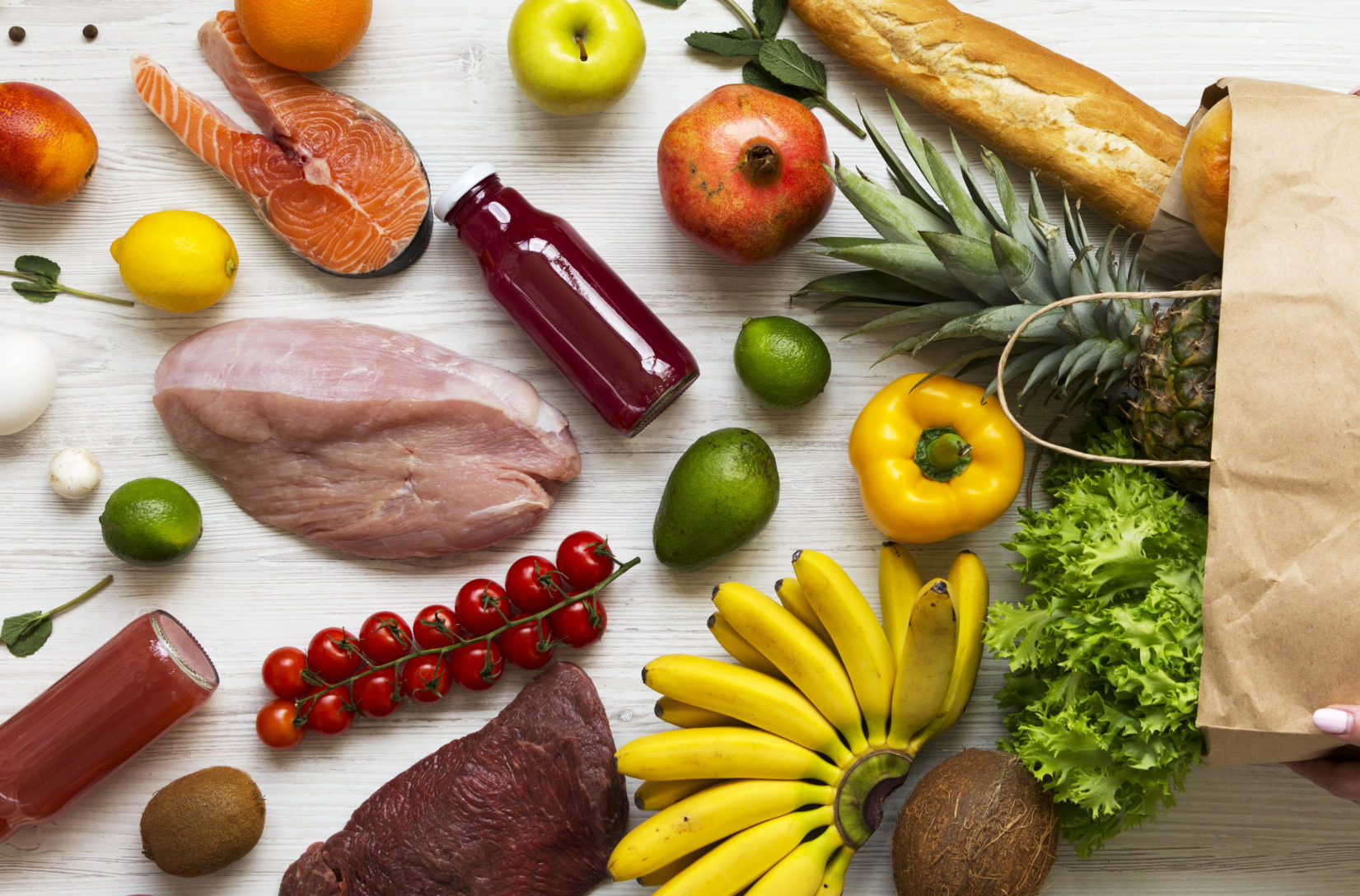3 Companies Innovating the Food Industry

Like any market, the food industry thrives from innovation. Without companies (new and old) pushing the industry forward, the food & beverage market would be at a standstill. And with factors such as consumer demands, resource availability, and technological advancements constantly shifting, we rely on these innovative companies to bring something new to the table to solve common issues or fill a void in the market. Here are three companies who we believe are changing the food industry for the better:
Imperfect Foods
With a mission to “eliminate food waste and build a better food system for everyone”, Imperfect Foods is a grocery delivery service that supplies consumers with “imperfect” produce (and CPG products) that typically would not be sold to grocery chains. Generally, larger grocery stores will only purchase fruits and vegetables from producers/distributors that will look good on their shelves. They want items free of blemishes or impurities. In the past, this has forced farmers to throw out any imperfect produce that could not be sold – contributing to food waste. But the problem is that these thrown-away items are still fine. Just because they don’t reach a certain aesthetic standard does not mean they are inedible. Enter Imperfect Foods.
Imperfect Foods partners with local farms and distributors to gather any produce that they cannot sell to larger stores (for various reasons) and offers them directly to consumers. As a subscription service, they offer weekly home deliveries of fresh produce and products that consumers can customize to suit their needs. According to their website, they are able to offer products at up to a 30% discount compared to grocery stores.
Their innovation does not stop there. Imperfect Foods offers discounted subscriptions for low-income families, has a recycling program for their shipment boxes, and even plans their shipments to effectively lower the carbon emissions. By implementing all of these practices, they are redefining the food supply chain and tackling America’s food waste issue.
Seal the Seasons
Based out of North Carolina, Seal the Seasons is on a mission to “create a more localized food system and make local available in every aisle of the grocery store year-round”. They have created a network of local farms that allows growers to freeze and sell their produce in grocery stores. If farmers cannot sell their products within their own community, Seal the Seasons will connect them with a regional facility that will help them freeze their product and then distribute it stores in the area.
On our podcast, Just a Taste, we spoke to Seal the Seasons’ CEO and Co-founder, Patrick Mateer, about their unique business structure. He told us that typically small farms are extremely susceptible to environmental influences that can affect their harvest. Small farmers often do not have the resources to react quick enough to unforeseen influences (i.e. storms). Seal the Seasons acts as a support system for family-owned farms to make the most out of their harvest, while still benefiting local communities.
Focused on keeping products and money local, Seal the Seasons’ innovative business structure boosts up small local farms and gives family-owned businesses a chance to work with larger grocery stores.
Beyond Meat
Regardless of whether you like their burger or not, Beyond Meat has truly changed the food industry. But probably not for the reasons you’d think. Since the release of the Beyond Burger, which in of itself is an innovative take on the classic veggie burger, the plant-based market has exploded. Paving the way for dozens of brands who offer similar products, Beyond Meat (along with Impossible Foods) has opened the conversation around one extremely important topic: sustainability.
More than ever before, consumers have started to become more self-aware of how their buying habits affect the environment. [Read our blog The Rise of the Sustainable Consumers to learn more about this trend.] They want to purchase products from companies they trust and who support their ideals. Beyond Meat, and other plant-based products, aren’t necessarily focused on marketing their products as “animal-less meat products”, but rather as products that have a better impact on the environment. [Read our blog Plant-Based Meat: The Past, Present, and Future to learn more.] They not only understand what consumers are looking for but also why it’s important to create a more sustainable food system.
Now although eco-friendly products aren’t necessarily new, the discussion about sustainability in the food industry has just recently hit the mainstream. Publications have really made an effort to highlight companies with sustainable practices, as well as inform consumers of what they can do to make a difference. Beyond Meat may have not started this movement, but brands like them have really shined a light on the need for a more sustainable food system.
For more information about innovation in the food industry, listen to our podcast Just a Taste.
